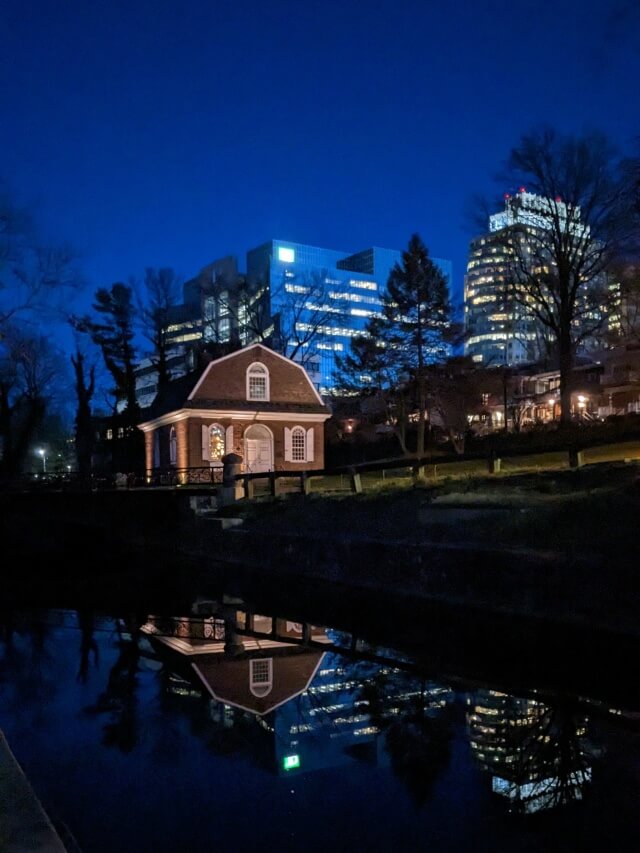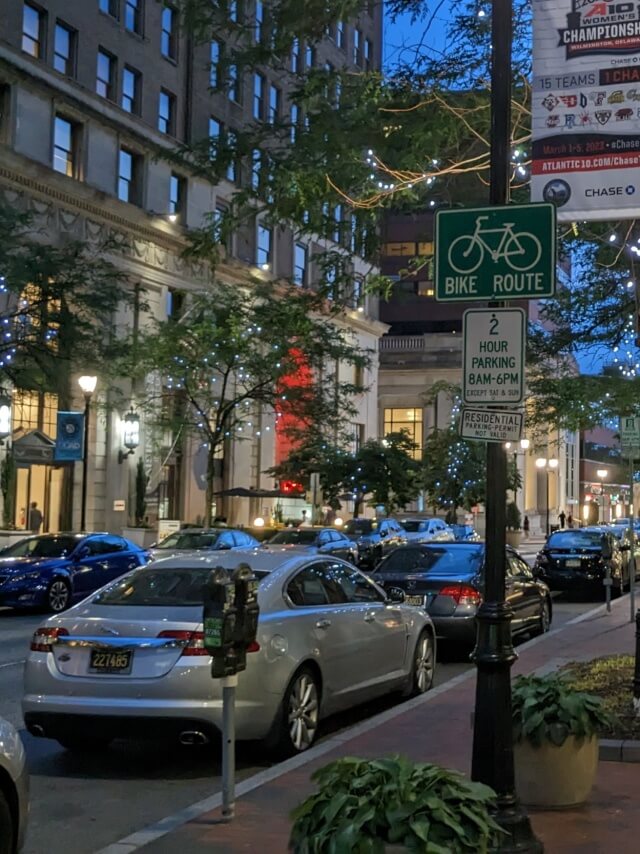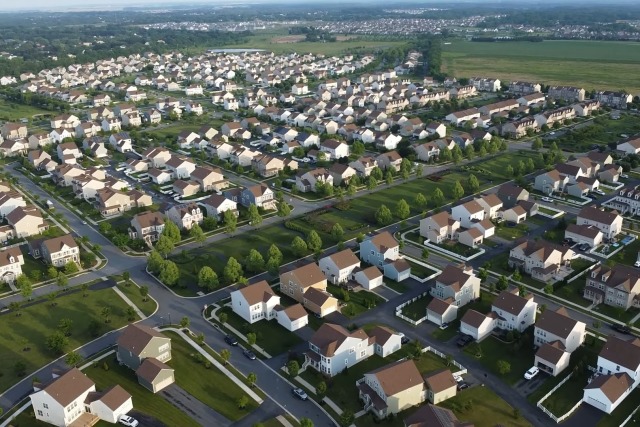
New Castle County is subsidizing sprawl, and it's draining our future. The math of development is broken. It's making housing more expensive, weakening public services, and pushing our open space to the edge. We can fix this by aligning incentives with the public good. When we do, we create communities that work for everyone.
Jason Hoover is a Wilmington native, tech entrepreneur, and the founder of Save The Valley, one of the largest grassroots movements in the region. In 2013, he led a successful effort to preserve 320 acres in Beaver Valley, protecting it from development and helping create Delaware’s first national park.
He is running for New Castle County Council District 4 because we are running out of time to fix how we grow. Right now, sprawl is raising our taxes, straining public services, and threatening the character of our communities. Jason believes we can build smarter by pairing open space preservation with walkable, community-driven development.

We need a new approach to development that balances growth with long-term sustainability. These are the priorities that guide Jason’s campaign:



By investing in parks and green spaces, New Castle County makes a compelling economic argument: creating attractive, livable communities is key to drawing residents. These areas are not just pleasant amenities but essential assets that boost property values, attract talent, and stimulate local economies.
Emphasizing green spaces positions our county as a desirable location, showcasing how quality of life can be a significant economic driver, encouraging people to choose our community for its balance of natural beauty and urban access.







Our current development model is upside down. We’re spending more to support low-density, car-dependent sprawl than we are to build the walkable, connected neighborhoods people actually want. It costs nearly ten times more to provide infrastructure to suburban homes than to urban ones.
We can fix this by correcting the incentives. If developers are required to pay the true cost of their projects, the market will naturally shift toward walkable, mixed-use neighborhoods that are more affordable and less damaging to the budget.